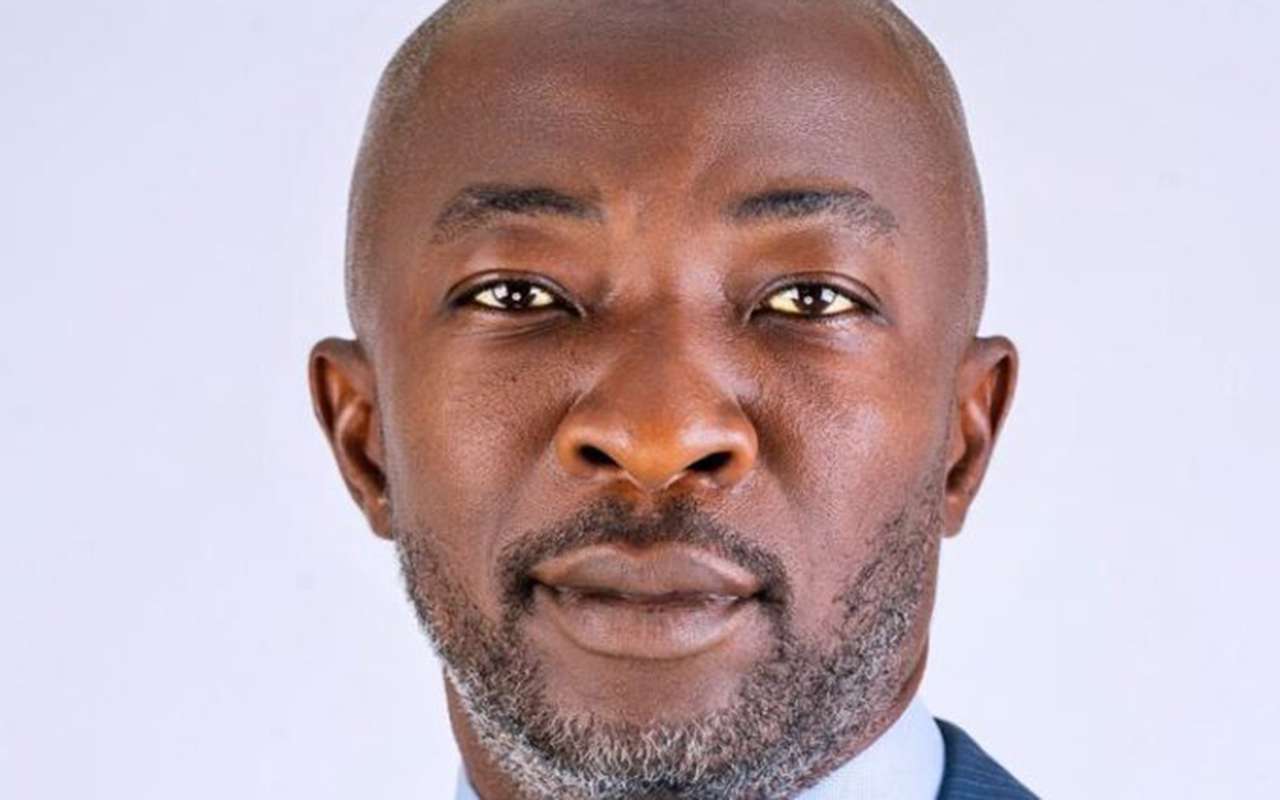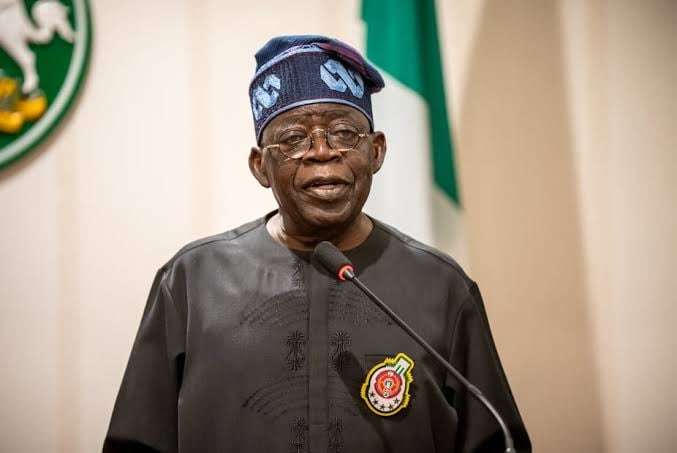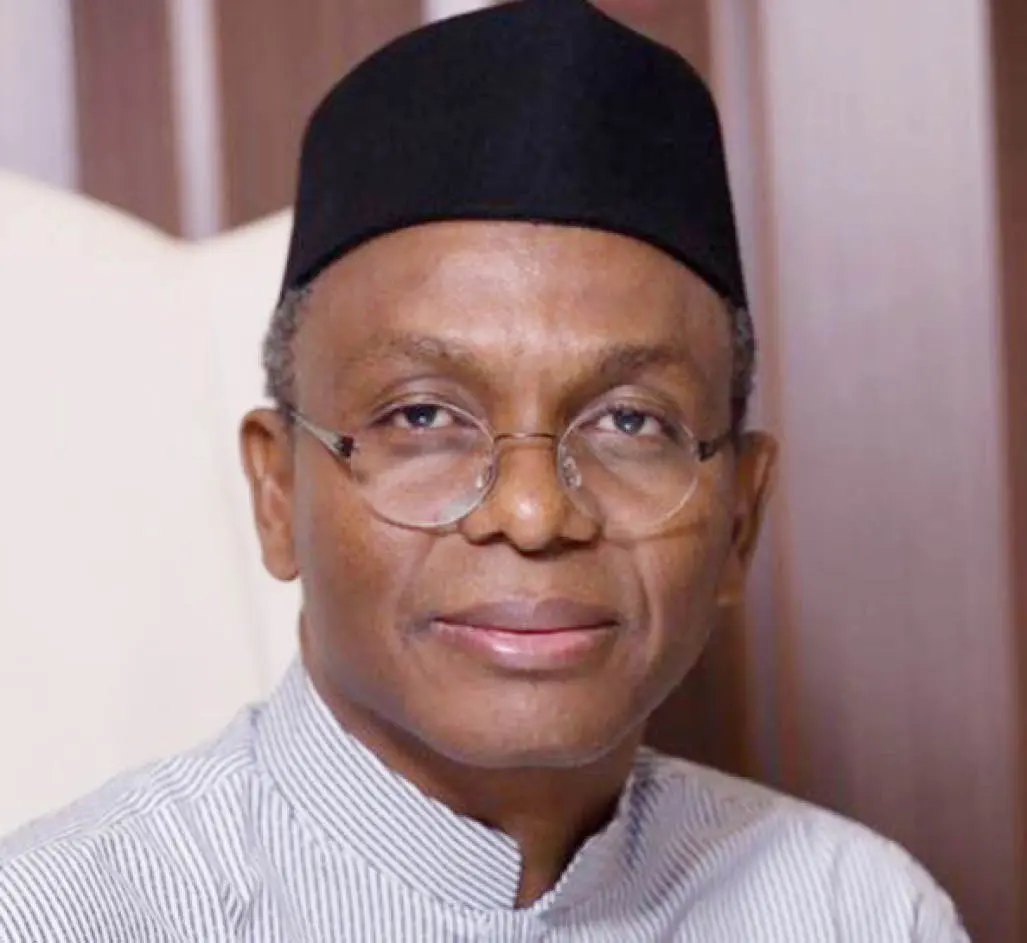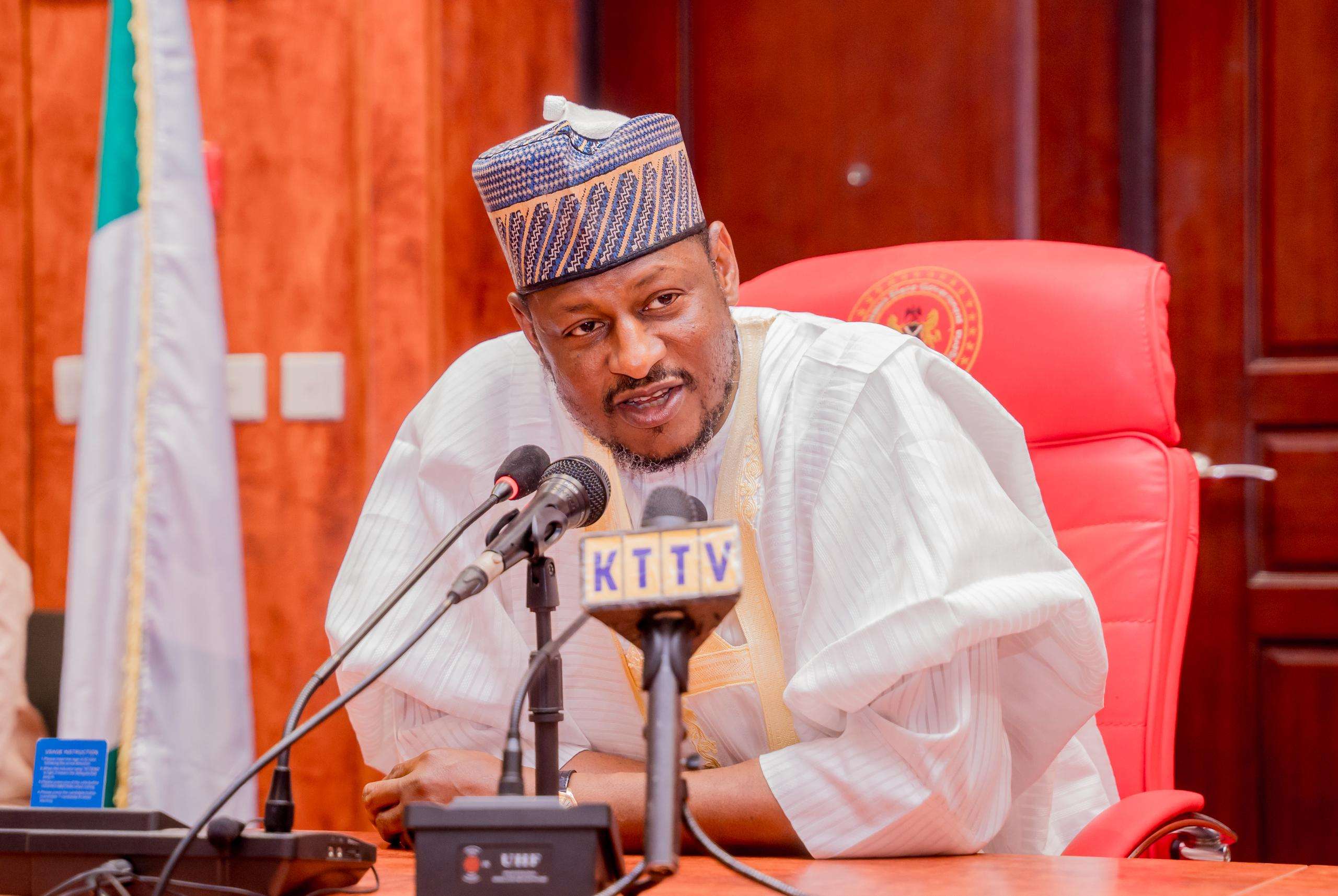Hospitals spend N180m monthly to pay for power – Minister
President Bola Tinubu has said the government was determined to pursue innovative solutions that would ensure no Nigerian lose their life as a result of power interruptions in medical facilities.
Tinubu who reiterated his commitment to ending the persistent power crisis that has endangered lives in hospitals, said his administration was working assiduously to promote sustainable energy solutions to power medical facilities nationwide.
Represented by the Secretary to the Government of the Federation (SGF), Sen. George Akume at the National Stakeholders Dialogue on Power in the Health Sector on Tuesday in Abuja, he noted that in tackling the hydra-headed problems confronting the sector,
special focus would be on improving the enabling environment for hospitals, clinics, and research institutions.
He said: “Today, we face a pressing issue that affects every Nigerian: the persistent power supply crisis in our tertiary hospitals and public health institutions. In surgical theatres, maternity wards, intensive care units, laboratories, and emergency rooms across the country, power outages too often compromise safety, interrupt care, and cost lives. This crisis demands our immediate attention and concerted action.
“These outages cannot continue, and under our administration, they should not. Lives are at stake. We must act now.
“Let me therefore affirm unequivocally that my administration is fully committed to the transformation of our health sector by targeting innovative solutions at the hydra-headed challenges bedevilling the sector, including the sub-optimal, inefficient and often uneconomical electricity supply that drives up the cost of services, disrupts care, compromises quality and increases patient dissatisfaction.
“This initiative to advance energy solutions in our hospitals is not an isolated intervention. It is an integral part of the strategic direction of the Renewed Hope Agenda to address energy poverty in Nigeria by decentralising and deploying tailor-made solutions and promoting private sector participation”.
Also reiterating his government’s commitment to create the enabling environment for return on investment and partner with credible investors in renewable and hybrid energy systems, President Tinubu
assured the private sector and investors that Nigeria was open for business in health, energy, and infrastructure.
The Coordinating Minister of Health and Social Welfare, Prof. Muhammad Pate who noted that Nigeria’s health system was undergoing major transformation, however states that power and internet connectivity were two crucial elements needed to further leapfrog the transformation aimed at improving the quality of health care delivery in the country.
“If we can get this power sorted and we can get internet connectivity and the digital transformation, our health system will leapfrog. Suddenly it will be the icon on the continent and I’m sure globally, people will witness, because we have the privilege of having amazing health workers, a large country, vast footprint of human resources, financing that has been organized and infrastructure.
“If we can get the power and internet connectivity and digital elements, I think we will see major escalation in our ability to deliver services for our country, for our subregion, and indeed for parts of our continent, and medical tourism will become a thing of the past.”
Pate while emphasising that finance was crucial to driving a health sector with sufficient power and internet connectivity, noted that private capital, public financing and development financing would be mobilised and deployed to accelerate the pace of the transformation.
The Minister of Power, Chief Adebayo Adelabu who reaffirmed the Federal Government’s commitment to ensuring reliable electricity supply for healthcare facilities across Nigeria, declared no hospital, diagnostic laboratory, or primary health centre should be left in darkness.
Adelabu who noted that the collaboration between ministries, development partners, and the private sector was crucial, added that the dialogue themed “Powering Health through Public-Private Synergy: Energising Nigeria’s Health Sector for the Future,” was an opportunity to “strengthen the link between reliable energy access and the delivery of quality healthcare services.
“The challenges facing our nation, whether in health, education, or infrastructure, are interconnected. Without reliable power, health systems cannot function effectively. Without a healthy population, productivity and economic growth cannot be achieved.”
Meanwhile, the Minister of State for Health and Social Welfare, Dr. Iziaq Salako has revealed that Federal Tertiary Health Institutions in the country were spending between N20 million to N180 million monthly to power medical facilities.
“A survey conducted by Sustainable Energy for All in 2021 shows that 40% of the functional PHCs facilities in Nigeria do not have access to electricity with majority of the remaining 60% receiving not more than 10 hours of daily power supply from various sources.
“A rapid assessment carried out earlier this year shows that Federal Tertiary Health Institutions requires between 3 -8 MW of energy to function optimally. The institutions receives an average of 5.3 hours of daily electricity from the national grid, have installed backup capacity of 0.8 – 3.3MW (about 50% backup deficiency) which is 80% generated through diesel engines, spending 20 – 180 million Naira per month to pay for power.
“20 – 50% of operating expenses in FTHIs goes into fuel purchase. This situation is not different in the private sector with 30% of respondents to a survey conducted in April 2025 by the Healthcare Federation of Nigeria reporting spending 5 – 20 million Naira on electricity monthly.”
Salako who noted that the country’s health system was not only underpowered but inefficiently powered, added that the poor coordination between energy and health sector actors was fuelling sub-optimal service delivery by the healthcare system with resultant reduced access to care, compromised quality of treatment and poor health outcomes.
“Services have been disrupted, public health compromised, and many lives lost due to poor electricity supply. Energy supply has become a major disrupter of health services in our country. It has become an emergency that we must address.”
While acknowledging ongoing efforts including solar hybrid deployments by the Rural Electrification Agency and the EU-backed Nigeria Solar for Health Programme, he raised concerns that the progress was still too slow and not at the scale required.
“We can no longer afford business as usual in the face of service interruptions, patient dissatisfaction, and mounting energy bills in our hospitals. The time has come to put all hands on deck to relieve our health system of the burden of prohibitive power costs and ensure reliable electricity supply.”
On his part, the World Bank Country Director for Nigeria, Mr Mathew Verghis who was represented by Vinay Vurukutu, emphasised that reliable electricity was essential for resilient and efficient healthcare delivery in Nigeria, even as he stressed the importance of clean, stable electricity in healthcare operations.
Permanent Secretary of the Ministry of Health and Social Welfare, Ms. Daju Kachollom who noted that the dialogue aligned with the government’s mission to ensure quality healthcare for all Nigerians, regardless of location, added that a key outcome of the event would be the signing of a historic multi-stakeholder compact.
“We know too well the reality: when there is no electricity, maternal care is endangered, life-saving surgeries are delayed, vaccines lose potency, and digital health systems are disrupted.
“Power in health is not just an infrastructure issue, it’s a matter of life, dignity, and hope. This agreement aims to unite the government, development partners, private sector, civil society, and innovators in a shared commitment.
“The goal of the compact is to ensure that no health facility in Nigeria is left in the dark, by providing sustainable and reliable power to support effective healthcare delivery across the country.”
Also speaking, the Permanent Secretary, Ministry of Power, Mr Mahmuda Mamman who regretted the implications of unreliable electricity to optimal healthcare delivery, delayed essential procedures, and increased operational costs, reaffirmed the ministry’s goal of providing uninterrupted, clean, and affordable power to all health institutions.
Mamman highlighted key initiatives by the ministry to address the power crisis in the country to include the Nigerian Energy Transition Plan, decentralised solar power systems, rural electrification, and public building energy efficiency programmes.








